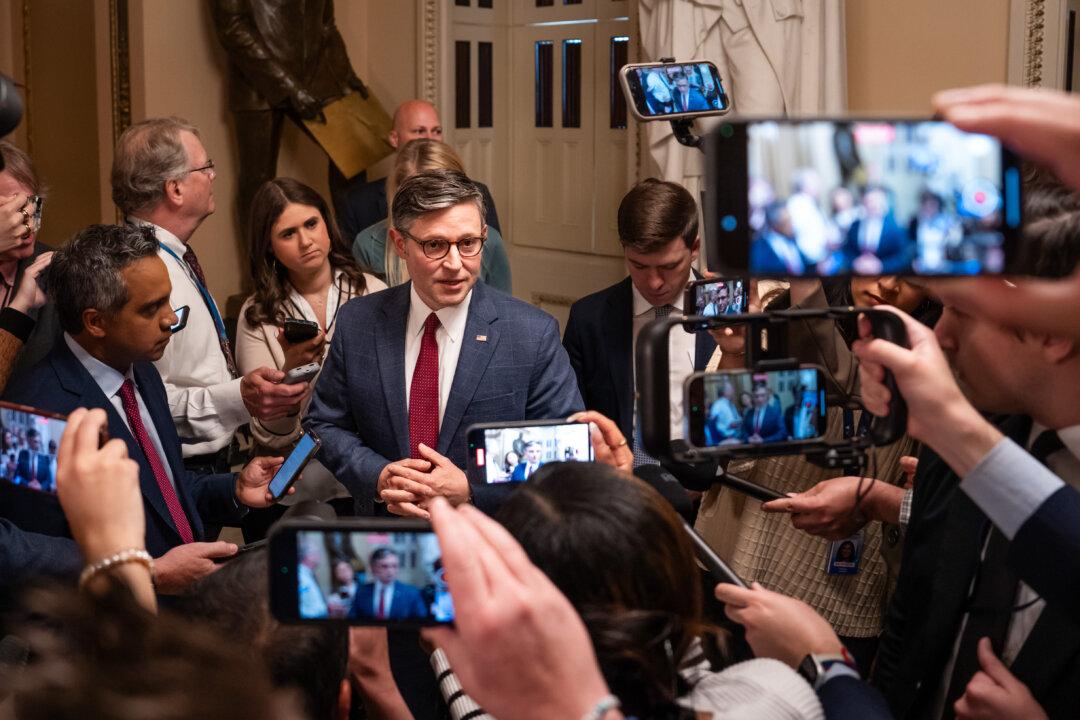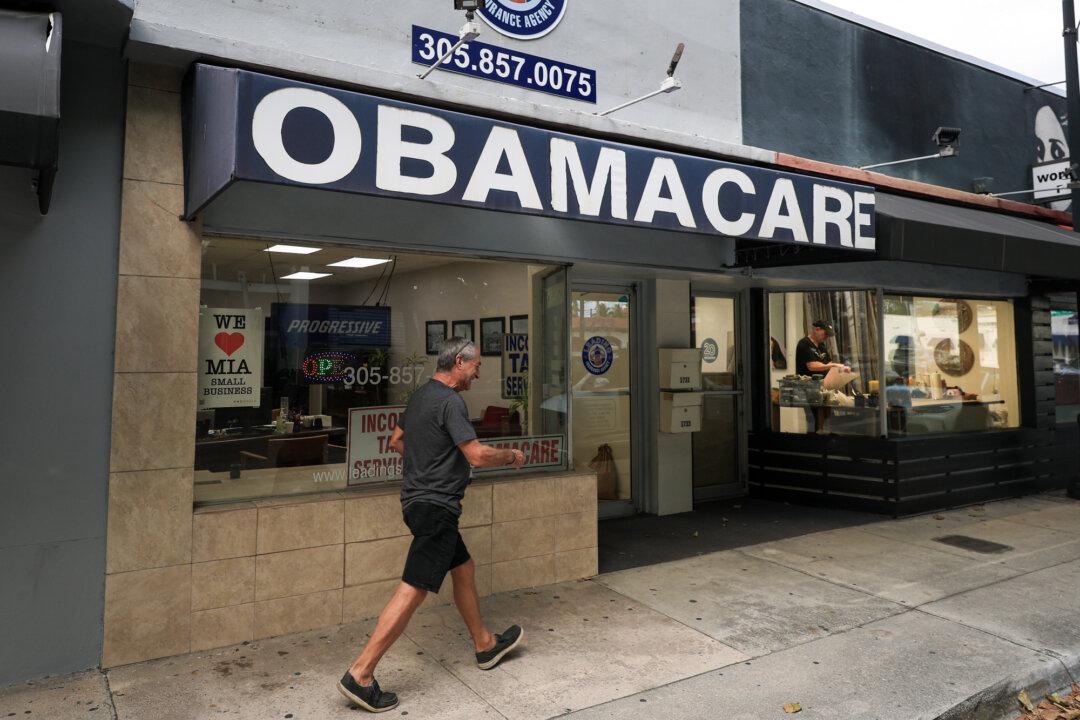House Speaker Mike Johnson (R-La.) has ruled out a proposed change to cut Medicaid spending as part of a sweeping policy bill to implement President Donald Trump’s agenda following a series of meetings among Republican lawmakers over the past two weeks.
The speaker told reporters on May 6 that lowering the rate at which the federal government reimburses states for their Medicaid expenses was off the table.





